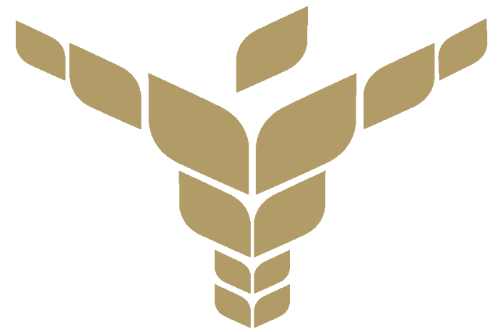An egg is superior to the same quantity of any other kind of food. People who order egg-white-only omelets are missing out on the most nutritious part of the egg: the yolk. Dr. Chris Masterjohn points out that of all the nutrients in an egg, the yolk contains 100% of the fat-soluble vitamins (A, E, D, and K) essential fatty acids DHA and AA, and carotenoids. The yolk contains over 80% of the nine nutrients (calcium, iron, phosphorus, zinc, thiamine, folate, B6, B12 and pantothenic acid), whereas the white contains over 80% of just three nutrients (magnesium, sodium and niacin). Six other nutrients are split more evenly between the two. Of course, the yolk also contains 99% of the fat, which is why people avoid it. Despite the widespread fear of cholesterol, eating eggs has not been shown to cause cardiovascular disease. Egg yolks from pastured hens are a deep orange, unlike the pale yellow of conventional yolks, and are richer in nutrients. as well as tasting better.

